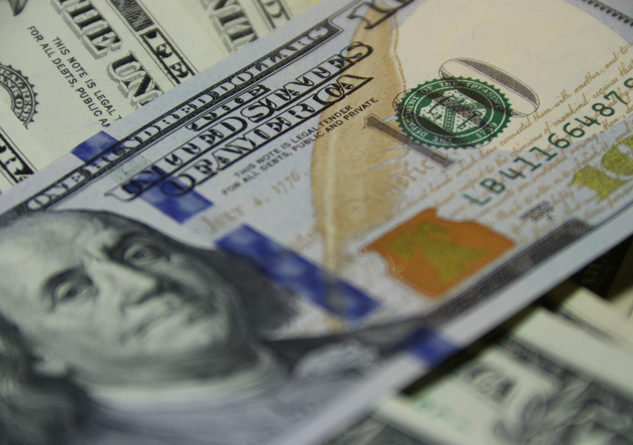Suzanne Potter
Public News Service
LANSING, Mich. — Voters may soon have a better idea of who’s really behind all those political ads supporting or attacking candidates for President, the U.S. House or the Senate. The Supreme Court just let stand a lower court ruling which forces nonprofit groups to disclose donors who spend more than $200 on ads with messages telling people to vote for or against someone.
Craig Mauger, executive director with the Michigan Campaign Finance Network, called it a major victory for fair elections, and said it could scare off some big donors who want their identities to remain secret.
“I think it could choke off some of the ‘dark money,’ and it will definitely have a limiting effect on the role of dark money in some of these campaigns,” Mauger said. “It is a positive in terms of the transparency of political money.”
Opponents of the decision argue it could squelch political discourse. A recent report from the good-government watchdog group “Issue One” found that as of 2016, the top 15 so-called dark money donors poured $600 million into federal elections since 2010, when the Supreme Court’s Citizen’s United decision allowed corporations to contribute unlimited funds without revealing their source.
The top four donors identified in that report are the National Rifle Association, the U.S. Chamber of Commerce, the conservative group Crossroads GPS, and the Koch brothers’ nonprofit, Americans for Prosperity. Mauger noted Americans for Prosperity has spent millions on Michigan’s gubernatorial race without identifying the source of the money – but that’s perfectly legal for statewide races.
“Michigan does not have a law that would require the same kind of disclosures that this decision-making is going to require for candidates running for federal office,” Mauger said.
The original complaint that spurred this ruling was brought by a campaign finance advocacy group, known as Citizens for Responsibility and Ethics in Washington, or CREW. CREW sued the Federal Election Commission to force the agency to require the group Crossroads GPS to disclose its donors.






